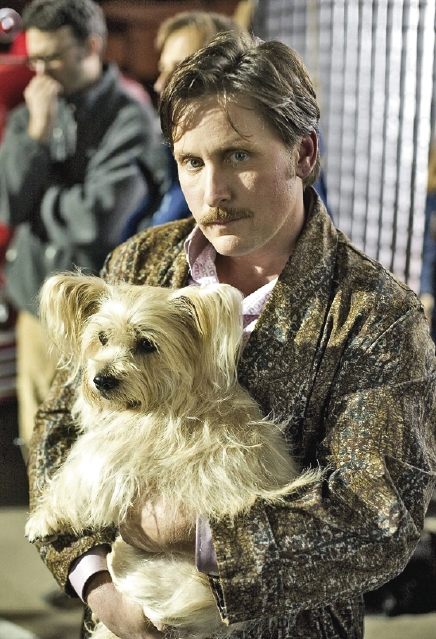Bobby
Ensemble History Lesson Brings The Vietnam Era Into Sharp Focus


honey. I was a Hollywood skank
Latest Article|September 3, 2020|Free
::Making Grown Men Cry Since 1992


honey. I was a Hollywood skank